Not long ago I put together a post sharing some invaluable writing advice offered by award-winning novelist, Colum McCann in his book, Letters to a Young Writer. But I’d only made it halfway through at the time, so I thought I’d share some further insights from the second half.
Fail, fail, fail
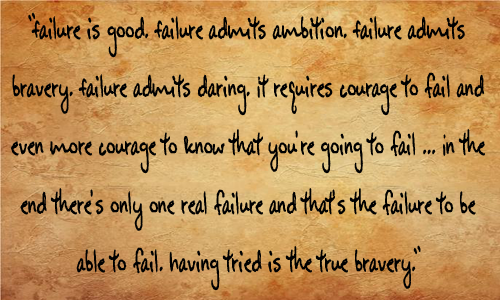
‘Fail’, ‘failing’, ‘failure’, they’re all such nasty, negative words. There is nothing wrong with failing. It allows us to identify our weaknesses, fuels us with determination to next time succeed. Failure is an inevitable part of the process, but it’s an invaluable part. Embrace it, learn from it, use it.
For many writers, the feeling of failure hits home when you receive rejection letters or emails. Many famous writers wear their rejection letters like badges of honour. Something to look back on with pride when the successes begin to mount.

Read, read, read
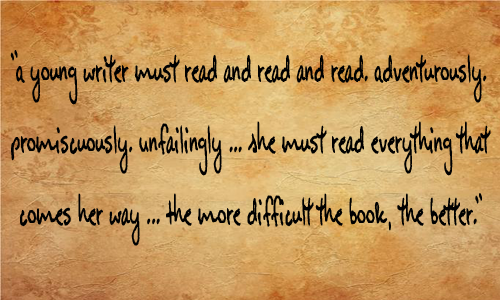
Reading is one of the most important aspects of studying the craft. Every successful writer appreciates its importance, and guess what, even after they’ve sold a million copies, they still read. It’s a means to keep our writerly tools sharp, and, of course, it’s a magical pass time. Never devalue its importance.
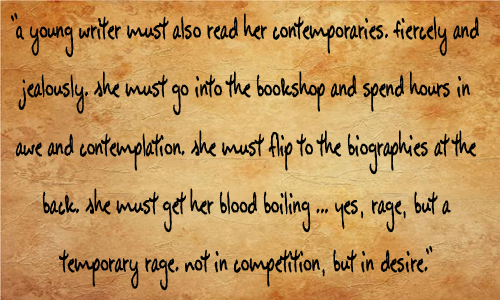
Reading and writing
“At the start of a novel, you should be reading as widely and voraciously as you can. The writing can go anywhere and you are likely to be inspired by whatever you read … toward the middle of a project, your reading should be more directed, more focused, more in the vein of proper research … Toward the end of a novel, you should be thinking of turning your bookshelves around, throwing away the library key, fleeing the cage … At this point, you do not need any other writer whispering in your ear.”
It’s interesting how the books we read influence how we write. Reading both fiction and non-fiction can help propel you forward in the writing process. Fiction to inspire, non-fiction to empower.
Finding an agent
I encounter many writers who speak of their anguish when it comes to writing query letters to agents. Where do you look for agents? Online database Duotrope is an excellent resource, though you do have to pay a monthly fee (it’s not expensive) and then you have the annual Writer’s Handbook which lists agents, genres, publishers etc. Here are McCann’s views on the process:
“First of all, find a writer whose work you admire … Find out who their agent is … then write the agent a letter or an email … If they write back—and don’t expect anybody to write back—please don’t celebrate yet. Call them, talk to them, visit them, check them out. Ask them questions. The most important thing you should know about an agent is that you employ them, they don’t employ you.”
The dark dogs of the mind

This writing life of ours is full of peaks and troughs. Sometimes the troughs run deep, so deep, in fact, it feels we’ll never clamber over the side to see the light of day again. Persevere. Do not give up. With one word at a time, you’ll make it to that peak. When you finally pull yourself over that final ridge, enjoy the view. Savour the refreshing breeze. You’ve earned it.
The Bus Theory
“The bus theory—which might also be called the Theory of Purpose—helps you get out of bed in the morning.”
What this theory tells us is that if you were to be sideswiped by a bus tomorrow as you step off the kerb, then that “bus must at the very least wait until your book is completed. If I have to go, Lord, please allow me the dignity of writing my last sentence.”
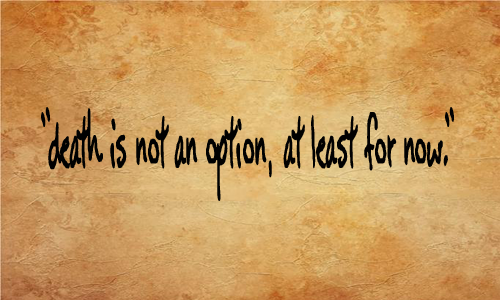
This is a powerful motivational tool. Do not let death rob you of the story you long to tell. Make sure you finish it first. This is a thought which helps to get me out of bed each morning.
The last line
Some say the first line is the most important, others lean toward the last line. Both are crucial. Hours, days, weeks could be spent on this one little sentence.
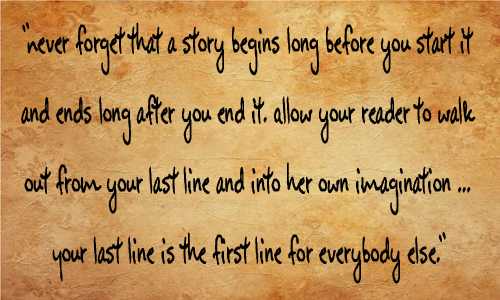
Final thoughts
“Young writer, has the passion of our calling been robbed from us? … So much writing nowadays seems to suffer from a reduced moral authority, not just in the minds of the readers, but in the minds and indeed the language of the writers ourselves … We don’t look to our authors in the same way we did decades ago. Nobody fears what we have to say. Why is that? We have allowed our voices to be devalued in favour of comfort.”
I love this quote above; it’s perhaps my favourite in the book. Those idolised in society nowadays are sports stars, television and film stars. Very few are writers and isn’t it a shame. McCann pulls no punches when he says that “we have allowed our voices to be devalued.” Write with a purpose in mind, write to change the world and better the lives of others.
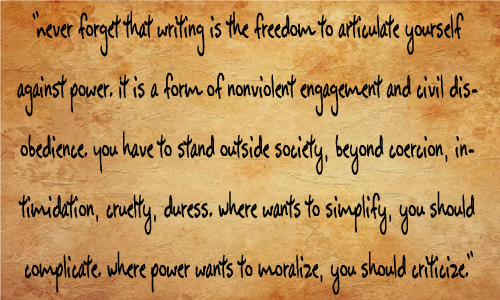
A tremendous amount of power is contained within the words of our craft. It’s up to us as writers to unlock it.
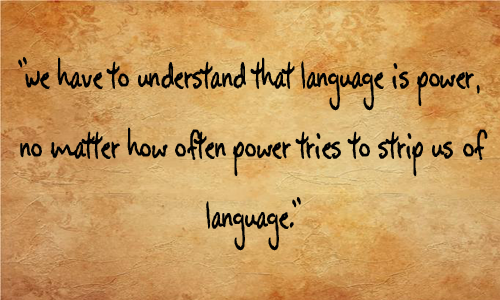
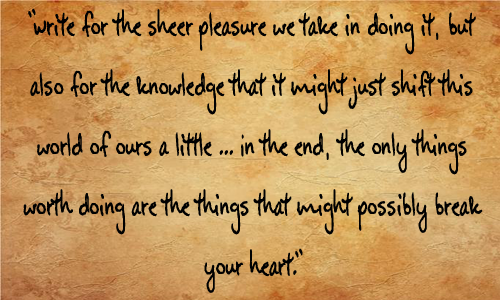
Thank you for reading. If you found this post helpful, why not stay in touch? As well as staying up to date with more posts like this, you’ll be kept abreast of any news and articles I think you may find helpful, as well as any new resources I release.
Speaking of resources, have you checked out my freebies? There are lists of publishers, a free ebook on the craft of creative writing, and a list of book reviewers.
- 5 Tips to Help Your Child Learn and Succeed at Primary School - February 26, 2024
- The Advantages Of Using An AI Essay Typer Alternative - February 14, 2024
- Advice On Getting Help With Your Homework - January 26, 2024
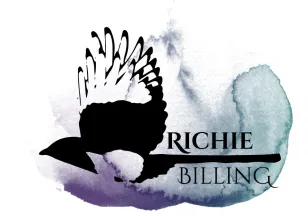


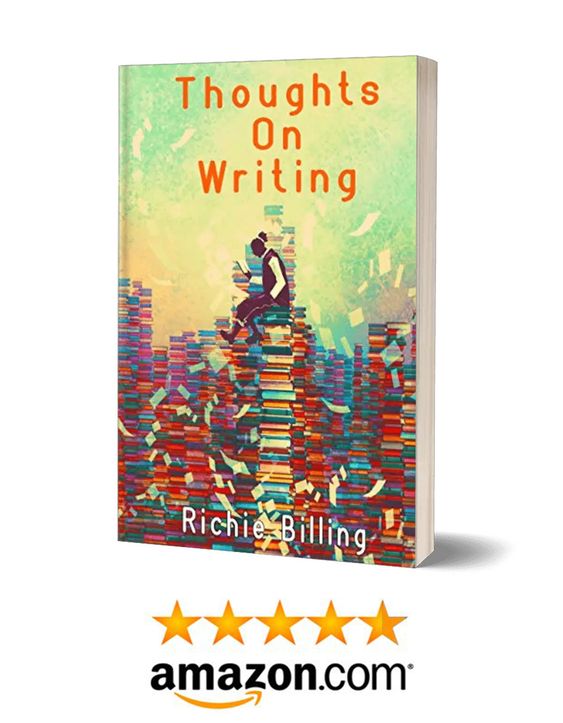
Reblogged this on Kelly Griffiths.
Thank you for sharing!
Reblogged this on Cynthia Hilston – Author & Blogger and commented:
Definitely some good advice here for writers.
Thank you for sharing! And thank you for following! I appreciate it
great post, Richie.
>
Thank you! Thanks for reading!
Excellent blog with an added sharpness for us elderly writers. All the references to the young writer and especially the passage about death…can you imagine being at the end stage of the journey and literally racing against death? How poignant for me the line about “the only things worth doing are the things that might possibly break your heart”. Knowing I need decades when there are most likely few, if any, decades left. Trying to focus on the journey and its joy, not the dream of success at the end. Your blog touches the inner sob within me for waiting so late. Of course, I realize no one is guaranteed longevity.
Thank you! The young writer title can be misleading. It does not refer to age but rather the stage you’re up to in your writing career. It’s never too late!
Reblogged this on Ethereal Seals: Dragonsoul and commented:
A helpful article from a fellow blogger and writer. Enjoy. 🙂
Thank you for sharing!
Your welcome.
Interesting advice, I decided rather for self publishing after I saw that looking for a chance in traditional publishing/receiving all those turning down letters can be bad for your writing mojo. Something else, I mentioned your blog in my Liebster Award post (https://wordpress.com/post/leticiatoraci.wordpress.com/3329) If you wish to be part of it leave a comment there so I can see your answers, thanks!
Hi there. How’s it going? Nice work! How’s it going so far? And thank you for the nomination. That’s very kind of you!
Sorry, that was the wrong link, here is the correct one: https://leticiatoraci.wordpress.com/2018/07/09/the-liebster-award/
Pingback: 5 Invaluable Pieces of Writing Advice – Richie Billing
Pingback: 5 Invaluable Pieces of Writing Advice - Richie Billing